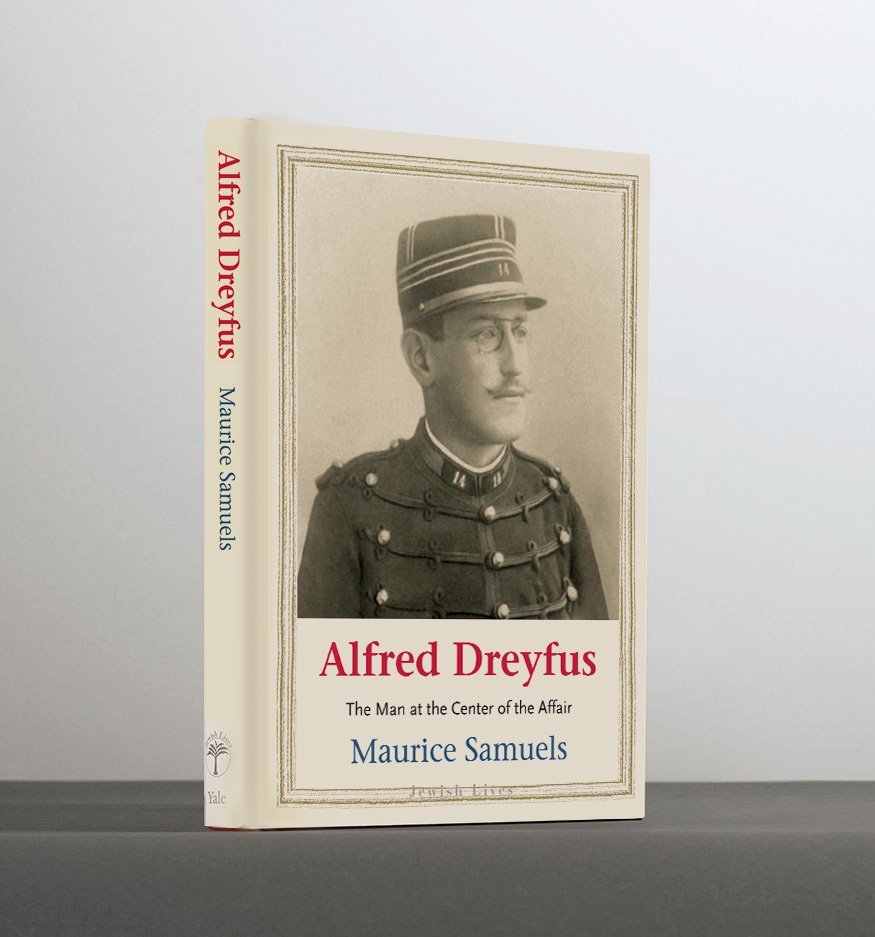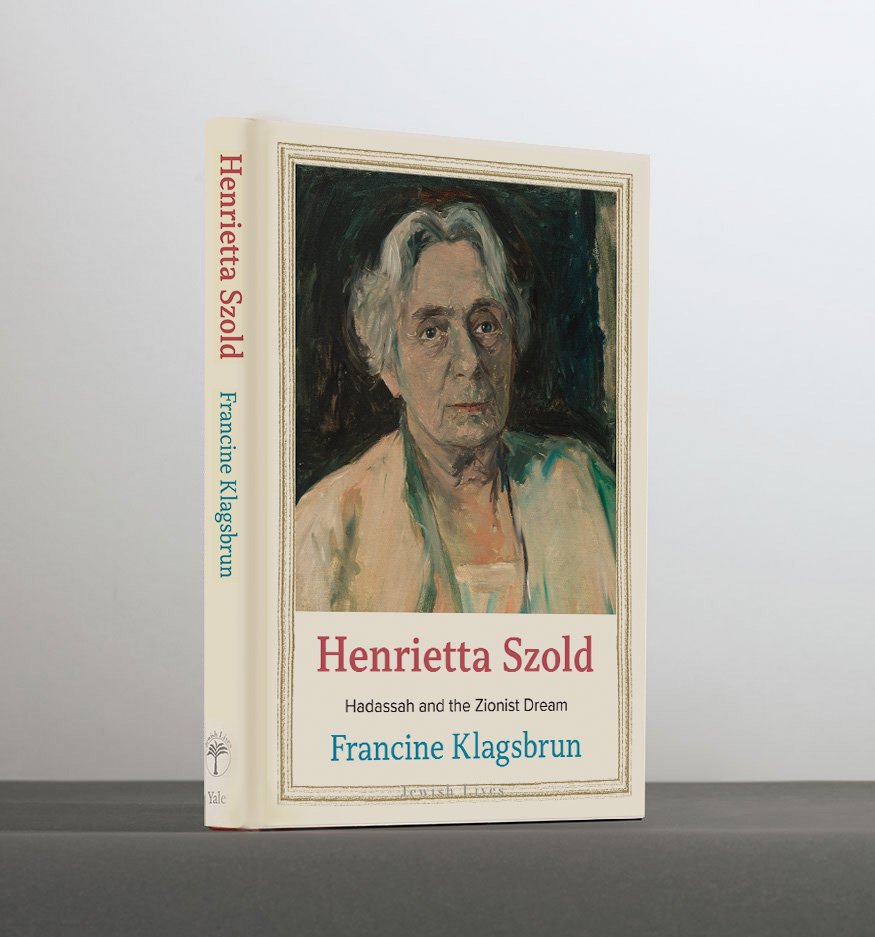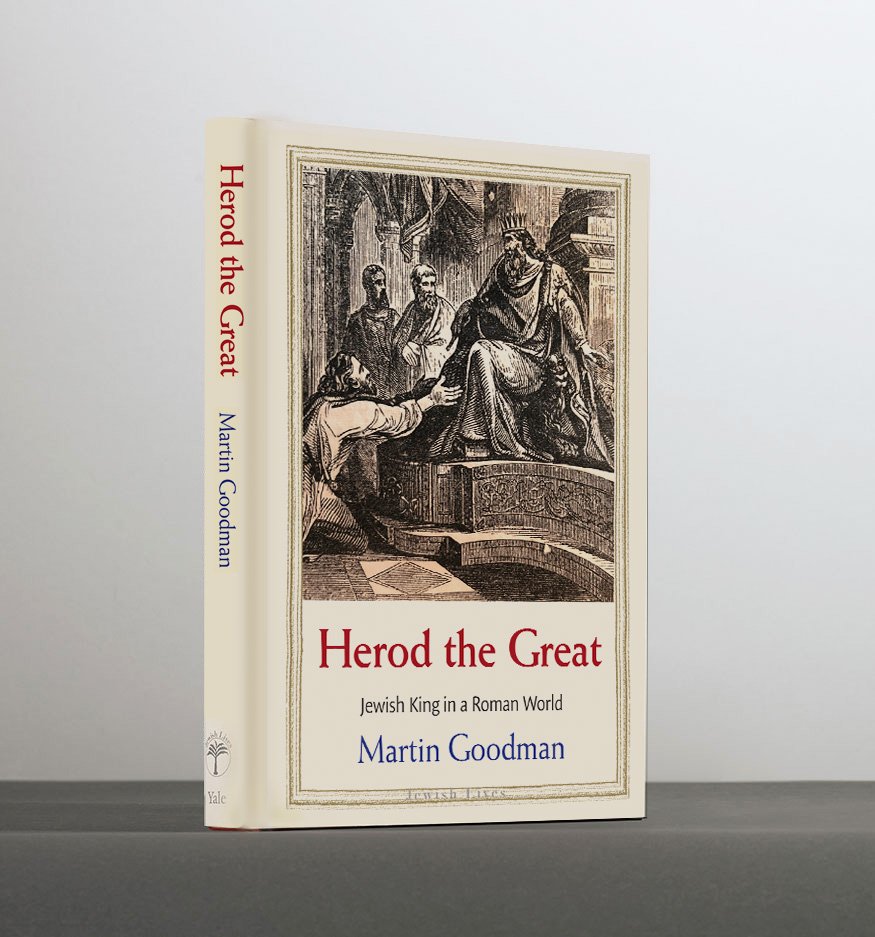Books
Antiquity. Arts + Culture. Entertainment. Philosophy + Religion. And more!

By Rachel Shteir
Published September 12, 2023
384 pages
“A lucid portrait” —Publishers Weekly
A new portrait of Betty Friedan, the author and activist acclaimed as the mother of second-wave feminism
The feminist writer and activist Betty Friedan (1921–2006), pathbreaking author of The Feminine Mystique, was powerful and polarizing. In this biography, the first in more than twenty years, Rachel Shteir draws on Friedan’s papers and on interviews with family, colleagues, and friends to create a nuanced portrait.
Friedan, born Bettye Naomi Goldstein, chafed at society’s restrictions from a young age. As a journalist she covered racism, sexism, labor, class inequality, and anti-Semitism. As a wife and mother, she struggled to balance her work and homemaking. Her malaise as a housewife and her research into the feelings of other women resulted in The Feminine Mystique (1963), which made her a celebrity.
Using her influence, Friedan cofounded the National Organization for Women, the National Women’s Political Caucus, and the National Association to Repeal Abortion Laws. She fought for the Equal Rights Amendment, universal childcare, and workplace protections for mothers, but she disagreed with the women’s liberation movement over “sexual politics.” Her volatility and public conflicts fractured key relationships.

By Robert Alter
Published September 26, 2023
200 pages
“A worthy introduction to Oz and his work” —Publishers Weekly
An intimate portrait illuminating the life and work of Amos Oz, the award-winning Israeli writer and activist
Amos Oz (1939–2018) was one of Israel’s most prolific and prominent writers, as well as a regular contender for the Nobel Prize for Literature. He was the author of dozens of novels, essay collections, and novellas written between 1965 and shortly before his death.
In this first published biography of Oz, the celebrated translator, literary critic, and biblical scholar Robert Alter explores Oz’s relationship with his family, beginning with the suicide of his mother, Fania Klausner, when he was twelve years old, and goes on to review his time in Kibbutz Hulda, which he entered at fourteen following his separation from his father, Arieh Klausner; his family’s right-wing Zionism; his writing career; his activism in support of a pluralistic Israel; and his work as an international lecturer.
In examining Oz’s life and work, Alter brings together testimony from Oz and his circle, as well as close readings of his central works, to present the inner world and public persona of Amos Oz.

By Ian Buruma
Published February 13, 2024
216 pages
“Splendid” —Avishai Margalit, author of On Betrayal
Ian Buruma explores the life and death of Baruch Spinoza, the Enlightenment thinker whose belief in freedom of thought and speech resonates in our own time
Baruch (Benedictus) Spinoza (1632–1677) was a radical free thinker who led a life guided by strong moral principles despite his disbelief in an all-seeing God. Seen by many—Christians as well as Jews—as Satan’s disciple during his lifetime, Spinoza has been regarded as a secular saint since his death. Many contradictory beliefs have been attached to his name: rationalism or metaphysics, atheism or pantheism, liberalism or despotism, Jewishness or anti-Semitism. However, there is no question that he viewed freedom of thought and speech as essential to an open and free society.
In this insightful account, the award-winning author Ian Buruma stresses the importance of the time and place that shaped Spinoza, beginning with the Sephardim of Amsterdam and followed by the politics of the Dutch Republic. Though Spinoza rejected the basic assumptions of his family’s faith, and was consequently expelled from his Sephardic community, Buruma argues that Spinoza did indeed lead a Jewish life: a modern Jewish life. To Heine, Hess, Marx, Freud, and no doubt many others today, Spinoza exemplified how to be Jewish without believing in Judaism. His defense of universal freedom is as important for our own time as it was in his.

By Maurice Samuels
Published February 27, 2024
224 pages
“Pioneering” —Samuel Moyn, author of Liberalism against Itself
An insightful new biography of the central figure in the Dreyfus Affair, focused on the man himself and based on newly accessible documents
On January 5, 1895, Captain Alfred Dreyfus’s cries of innocence were drowned out by a mob shouting “Death to Judas!” In this book, Maurice Samuels gives readers new insight into Dreyfus himself—the man at the center of the affair. He tells the story of Dreyfus’s early life in Paris, his promising career as a French officer, the false accusation leading to his imprisonment on Devil’s Island, the fight to prove his innocence that divided the French nation, and his life of quiet obscurity after World War I.
Samuels’s striking perspective is enriched by a newly available archive of more than three thousand documents and objects donated by the Dreyfus family. Unlike many historians, Samuels argues that Dreyfus was not an “assimilated” Jew. Rather, he epitomized a new model of Jewish identity made possible by the French Revolution, when France became the first European nation to grant Jews full legal equality. This book analyzes Dreyfus’s complex relationship to Judaism and to antisemitism over the course of his life—a story that, as global antisemitism rises, echoes still. It also shows the profound effect of the Dreyfus Affair on the lives of Jews around the world.

By Francine Klagsbrun
Published March 5, 2024
256 pages
“Compelling and engrossing” —Rabbi David Ellenson
Award-winning author Francine Klagsbrun reveals the complex life and work of Henrietta Szold, founder of Hadassah and a Zionist trailblazer
Henrietta Szold (1860–1945) is renowned as the founder of Hadassah, the Women’s Zionist Organization of America, which quickly became one of the most successful of all Zionist groups. In her work with Hadassah, Szold used a combined ethical and pragmatic approach aimed at improving the lives of both Jews and Arabs. She later moved to Mandate Palestine to help shape education, health, and social services there. The pinnacle of her career came in her seventies, when she took on the task of directing the Youth Aliyah program, which rescued thousands of young people from the Nazis and resettled them in Palestine.
Using Szold’s copious letters, diaries, and essays, along with other archival documents, Francine Klagsbrun traces Szold’s life and legacy with an eye to uncovering the person behind the Zionist icon. She reveals Szold as a complex human being who had to cope with controversy and criticism, a workaholic with an outsized sense of duty, and an idealist who fought for her beliefs even as she questioned her own abilities. With deep insight, Klagsbrun introduces readers to this extraordinary woman, whose impact on women’s lives as well as on education and health systems still resonates.

By Martin Goodman
Published March 12, 2024
248 pages
“Larger than life” —Erich S. Gruen
A vivid account of the political triumphs and domestic tragedies of the Jewish king Herod the Great during the turmoil of the Roman revolution
Herod the Great (73–4 BCE) was a phenomenally energetic ruler who took advantage of the chaos of the Roman revolution to establish himself as a major figure in a changing Roman world and transform the landscape of Judaea. Both Jews and Christians developed myths about his cruelty and rashness: in Christian tradition he was cast as the tyrant who ordered the Massacre of the Innocents; in the Talmud, despite fond memories of his glorious Temple in Jerusalem, he was recalled as a persecutor of rabbis.
The life of Herod is better documented than that of any other Jew from antiquity, and Martin Goodman examines the extensive literary and archaeological evidence to provide a vivid portrait of Herod in his sociopolitical context: his Idumaean origins, his installation by Rome as king of Judaea and cultivation of leading Romans, his massive architectural projects, and his presentation of himself as a Jew, most strikingly through the rebuilding of the Jerusalem Temple. Goodman argues that later stories depicting Herod as a monster derived from public interest in his execution of three of his sons after dramatic public trials foisted on him by a dynastic policy imposed by the Roman emperor.